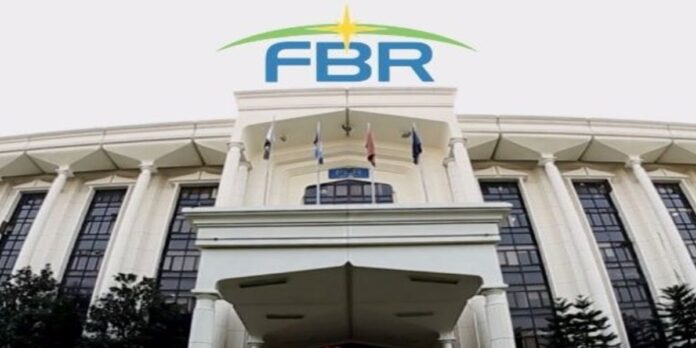The federal cabinet on Tuesday established an inter-ministerial committee with the mandate to finalize recommendations for restructuring the Federal Board of Revenue (FBR) within a four-day deadline. This step aims to resolve differences among various tax groups.
The reform proposal, initially developed through private consultations led by Caretaker Finance Minister Shamshad Akhtar, led to the reappointment of Ms. Shamshad to chair this new committee.
Sources from the tax machinery revealed concerns among tax officials regarding the caretaker finance minister’s rapid and selective approach to tax administration reform.
To address these issues, an intervention was made to facilitate the submission of a summary to the federal cabinet.
Key to the proposed reforms is a political commitment to taxing agricultural income, retail sector, and services.
Past reform efforts have been criticized for focusing on creating positions and favoring individuals rather than addressing challenges of integrity and implementation.
The reform includes the reconstitution of the Federal Policy Board (FPB), to be headed by the finance and revenue minister.
The FPB will include experts in tax policy and administration, economists, and industry experts without conflicts of interest, with the revenue division secretary reporting to the FPB. The revenue secretary will be appointed from either the Customs or IRS service cadre.
The FPB and the revenue division secretary will be responsible for developing tax policies, setting revenue targets, and coordinating strategic issues with stakeholders, moving policy formulation back to the FPB from the finance division.
A significant change includes the separation of Customs and the Inland Revenue Organisation. Each will be headed by a director general (DG) appointed based on the FPB’s recommendations, with a defined tenure.
The DGs will have full control over administrative, financial, and operational aspects of their respective organizations.
Furthermore, the finance minister will chair the Customs Oversight Board (COB) and the Internal Revenue Oversight Board (IROB), comprising various government secretaries and directors general, along with four independent members.
The customs board will also include an independent military expert for security and border control.
These boards are tasked with ensuring effective policies and governance in their respective organizations, with DGs reporting to their boards. They will also develop key performance indicators and monitor performance and administrative matters.
To enhance tax policy function, a tax policy office (TPO) will be established within the revenue division, equipped with a dedicated team and resources. The TPO will focus on sector-specific tax potential studies, stakeholder policy input, and frequent tax expenditure analyses.
Customs will continue to collect various taxes at import and domestic levels, acting as a withholding agent for IR taxes at the import stage.
The revenue division will oversee international taxes, valuation, IT and digitisation, data sharing, integrity, and human resources, with a joint committee from customs and IR for determining import values.
Finally, the finance minister will establish asset distribution and implementation committees for evaluating customs-IR asset transfers and drafting necessary legal and regulatory changes.




